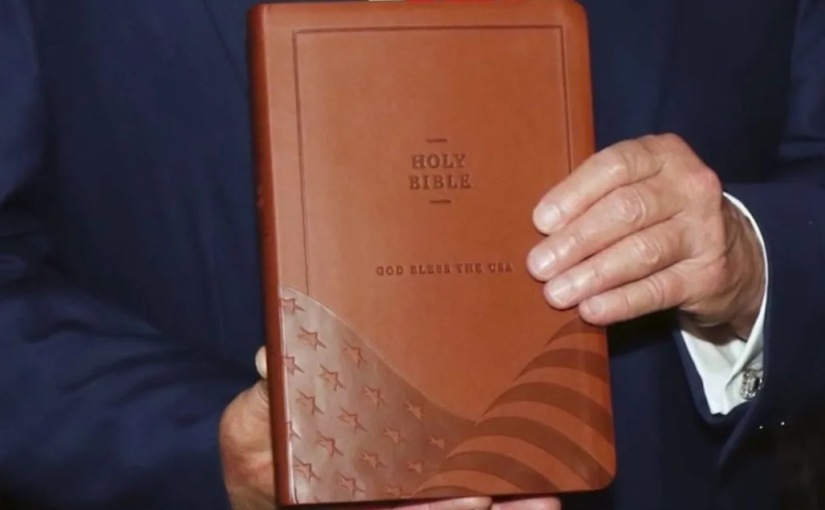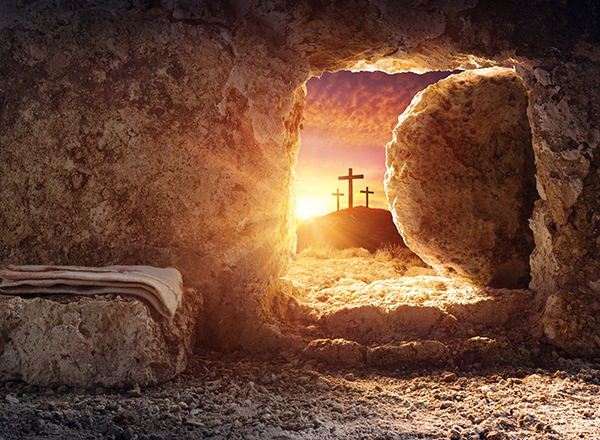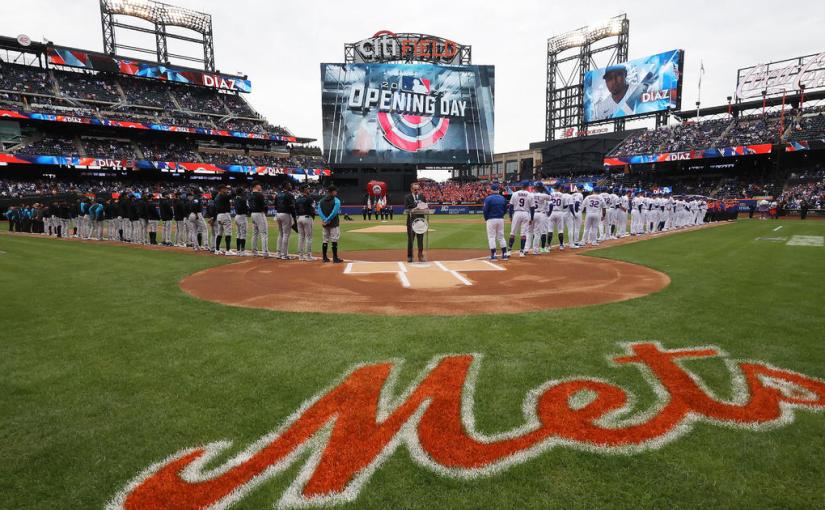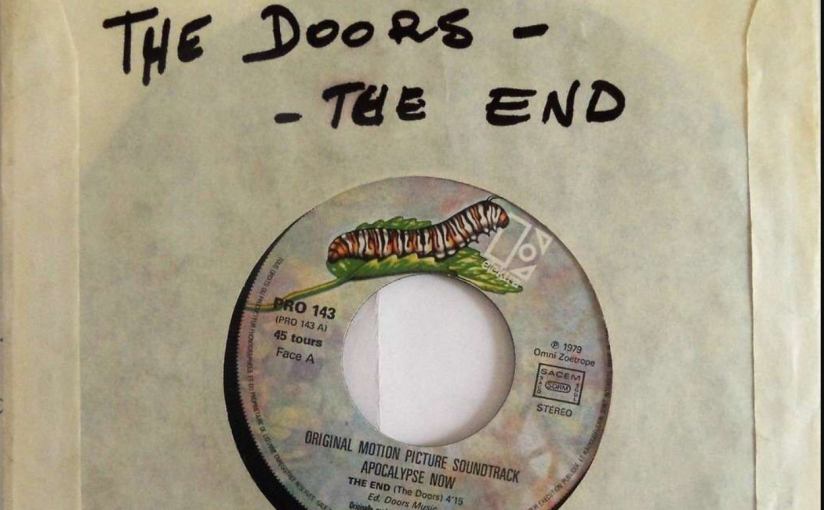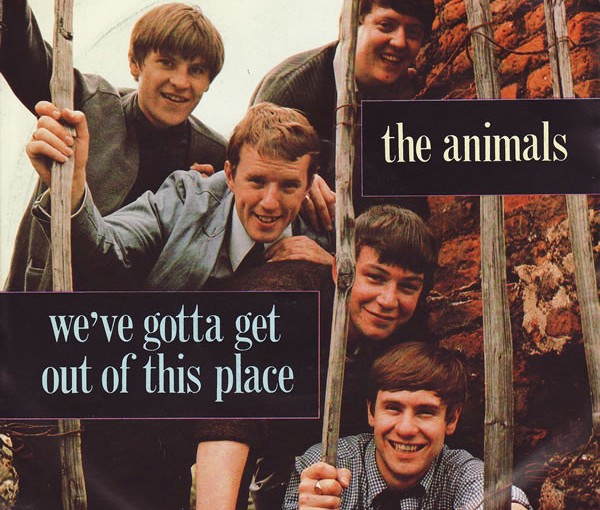Jesus was executed in the worst way the Roman Empire knew. His execution wasn’t just to punish him. It was a public statement to his followers. The might of the Roman Empire was not to be trifled with–and the Jewish power structure had no problem using that might to crush anyone who caused trouble.
Good Friday and Holy Saturday are about human power and the cost it can impose on someone who runs afoul of it. We don’t crucify people anymore and we rarely execute them, but it’s a thin veneer that keeps us from being that kind of society. Though we rarely talk about it in dignified circles, human creativity is often harnessed in crushing those considered in need of it.
Tomorrow is about victory over our compulsion to crush each other. Most of us, given the chance, wouldn’t torture someone to death. But we all have the small tortures we inflict on each other. Screaming. Silence. Setting someone else up to deliver the justice we so badly lust after. In many cases, we view it as self-defense, delivering a message that says we will not be trifled with and ours is not to be taken for their benefit.
Tomorrow is about the premise of setting down those weapons, of an ascension to an existence where we don’t have to armor ourselves against that guy over there, or against that bitch who dared mess with me. It’s about the possibility of an existence where every tear is wiped dry and we can be authentic with everyone, without worrying about that authenticity being used against us.
If Easter tells us anything, it’s that we got God wrong in the Old Testament. He’s not sitting high atop the thing, eager to rain down holy devastation on the smallest transgression. It pisses him off when we hurt each other. He would prefer we stop that crap.
Imagine being a parent of children who’ve profoundly hurt each other. Imagine they won’t both come to your home at the same time because of that hurt. That’s what God feels like. And like us if we were parents in that situation, he would like that to go away.
That’s what Easter is. It’s the costly triumph of love over what we do to each other. It’s the forgiveness of what I’ve done so that I can work hard at forgiving what’s been done to me.
It’s showing us the possibility that lies beyond our own self-identified thought pattern.
I’m a far different person than I was twenty years ago. I used to be angry, narrow, and brittle. Now, as my body is periodically angry and brittle (I’m still working on narrow), my mind and soul have softened. I’m not where I need to be, but I’m a long way from where I was. Some of that’s my work, but a lot, I believe, was me just listening to the Voice that’s always there.
Properly practiced, Christianity is not angry, narrow, or brittle. It’s the manifestation of the love that compelled Jesus to give up his godhood to come to an uncomfortable place at an uncomfortable time in history and die one of the worst deaths we could create. Any of us who came back with divine power after being tortured to death would unleash an unholy can of whoop-ass. Jesus asked for our forgiveness.
Anyone who uses Christianity as a litmus test for bestowing love is missing the point badly. I have far more in common with the thieves on Jesus’ left and right, or the adulteress who wasn’t stoned, or the woman at the well than I do with Jesus.
He asked for me to be forgiven, though I’ve done nothing to deserve it. How much, then, should I do my best to apply the same love to everyone around me.


